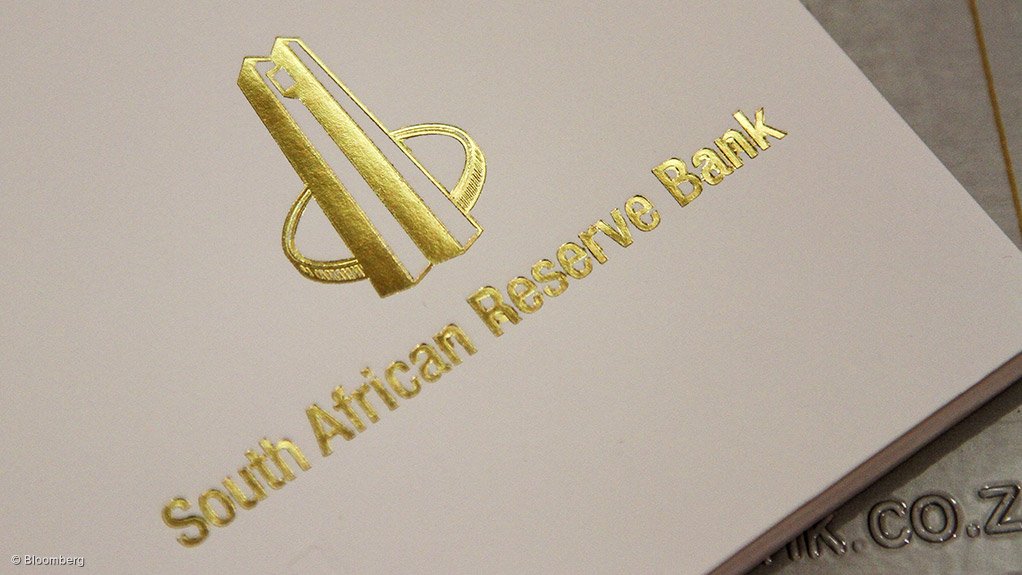Changing the ownership structure of the South African Reserve Bank could generate fears among investors about expropriation and create more uncertainty about property rights, according to the National Treasury.
While full ownership of the central bank by the State may be desirable, “it will potentially have huge cost implications and require significant trade-offs, including a negative impact on investment and on economic growth,” Chris Axelson, the Treasury’s deputy director-general for tax and the financial sector, told lawmakers in Cape Town on Wednesday.
Parliament’s standing committee on finance is holding hearings on the South African Reserve Bank Bill, which proposes amending legislation to make the state the sole shareholder of the central bank and give minister of finance the power to appoint directors to its board.
South Africa’s central bank is one a handful globally with private shareholders. While the African National Congress (ANC) ratified a proposal in 2017 for the State to own the central bank, the bill to effect that change was tabled by Julius Malema, leader of the opposition Economic Freedom Fighters, in 2018. It lapsed twice and was revived by the finance committee last year, but is unlikely to secure sufficient votes to pass, with the ANC having shifted its stance.
Potential concerns “could be perception that these changes may lead to operational interference and undermine good governance,” Axelson said.
EMAIL THIS ARTICLE SAVE THIS ARTICLE FEEDBACK
To subscribe email subscriptions@creamermedia.co.za or click here
To advertise email advertising@creamermedia.co.za or click here











